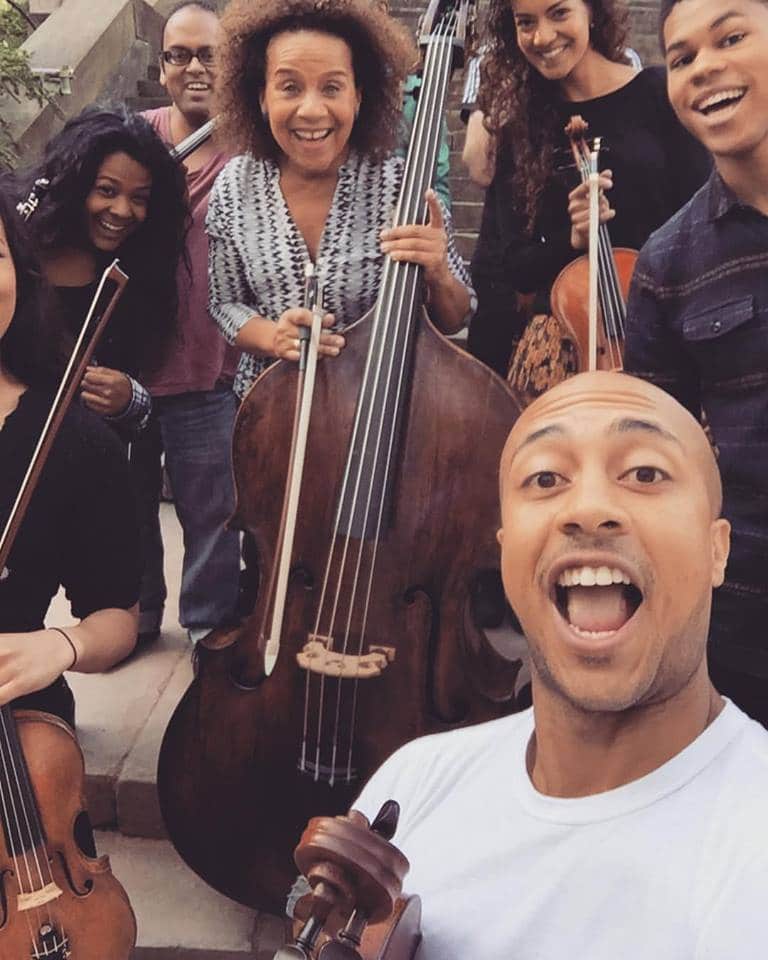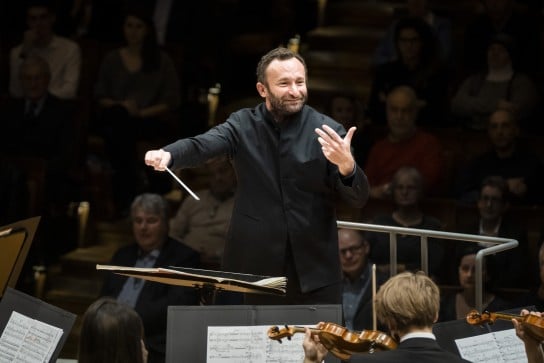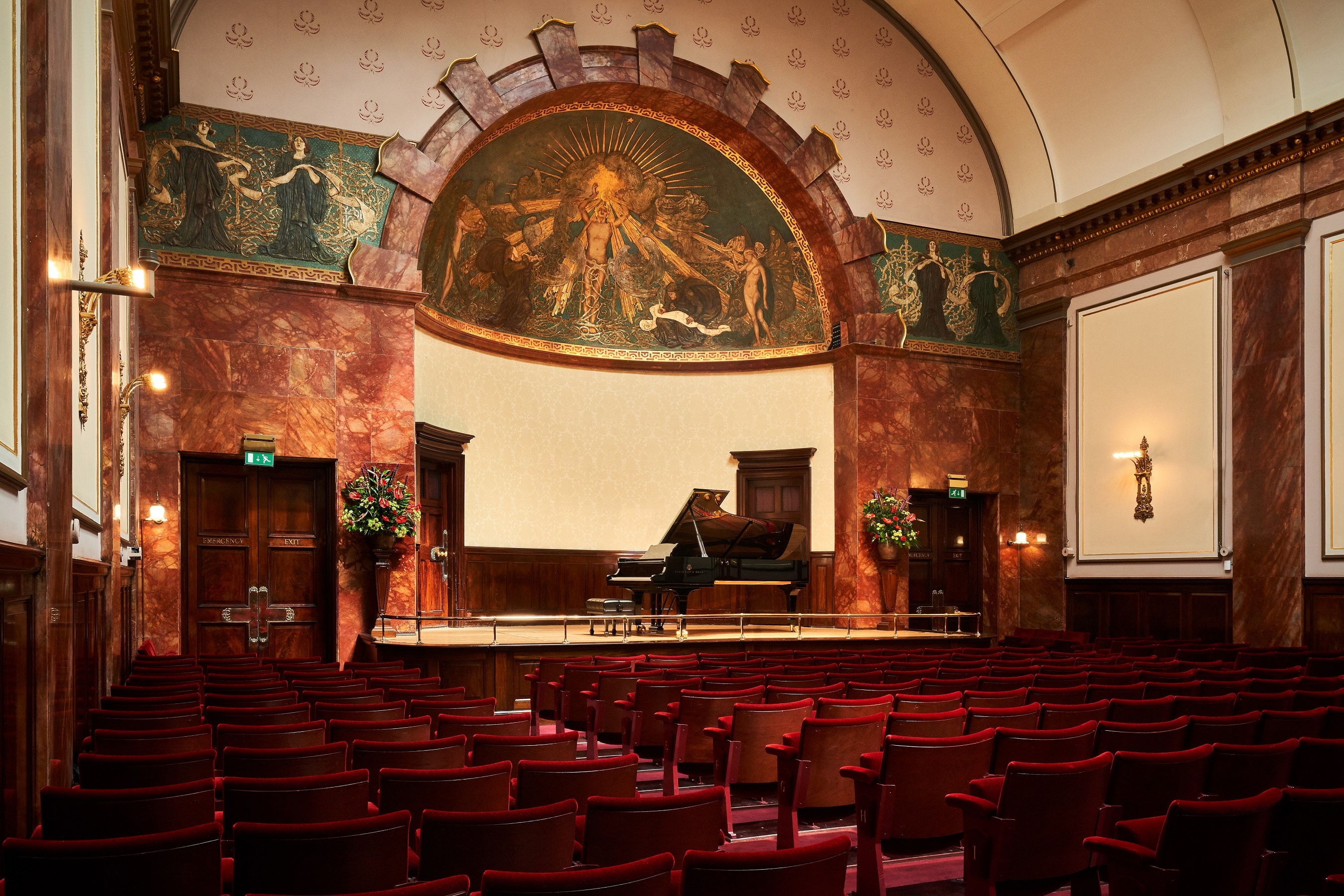‘Black musicians have to be that much better to get an audition’
mainFrom a debate at the Association of British Orchestras’ annual conference:
Chineke! Orchestra bassoonist Linton Stephens: ‘In classical music, where we have a huge demographic that doesn’t look like us, where we don’t have any representation, we add that extra expectation onto ourselves that not only do we have to play well, but we have to prove as Black people that we can play well.
‘For Black people to get an audition, we’ve got to be that much better. We’re accepted more if we’re exceptional.’

photo: Chineke






Comments